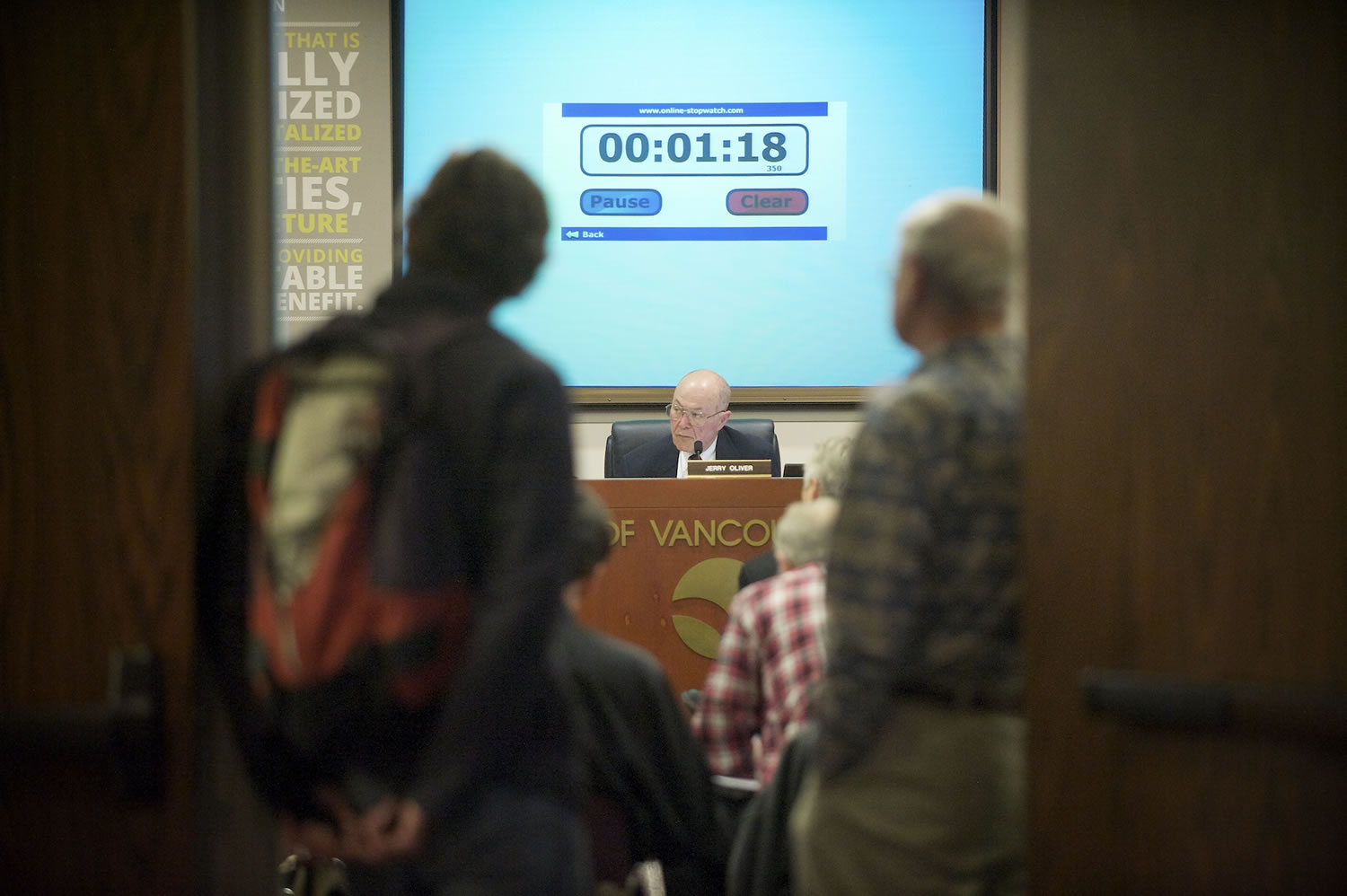A Clark County judge Friday ruled partly in favor of the Port of Vancouver in a lawsuit that claimed the port violated state environmental and open public meetings laws in approving a lease to build the largest oil-handling facility in the Northwest.
Superior Court Judge David Gregerson dismissed a claim by three environmental groups that the port violated the state Environmental Policy Act by approving a lease to build an oil terminal before an environmental impact statement was issued.
The decision means the lease — involving 42 acres and worth at least $45 million over an initial 10 years — remains intact, although the ruling could be appealed. Meanwhile, the oil-by-rail proposal by Tesoro Corp. and Savage Companies, which faces strong public opposition, is moving through a yearlong environmental-impact review by a state-level permitting agency.
At the same time, Gregerson said there’s a “public benefit” in allowing Columbia Riverkeeper, Sierra Club and Northwest Environmental Defense Center to pursue their separate complaint that the port violated the state Open Public Meetings Act by holding an illegal secret meeting to discuss the lease.
Outside the courtroom Friday, Brett VandenHeuvel, executive director of Columbia Riverkeeper, said that decision was a victory, allowing the groups to gather facts, including about what port commissioners discussed during a July 22 executive session.
VandenHeuvel declined to comment on whether the groups would appeal Gregerson’s decision involving the state environmental law.
“We are pleased with the result of the judge’s ruling,” port Executive Director Todd Coleman said in a news release. “We look forward to continuing our efforts to create a prosperous Clark County in a responsible and sustainable manner. The port will continue to work collaboratively with the environmental community and other stakeholders as the Tesoro-Savage project is reviewed” by the state Energy Facility Site Evaluation Council and Gov. Jay Inslee.
Tesoro and Savage want to build a $110 million oil terminal capable of handling as much as 380,000 barrels of crude per day. They submitted their permit application on Aug. 29 to the state Energy Facility Site Evaluation Council, or EFSEC. The council will eventually make a recommendation to Inslee, who has the final say over whether the oil terminal gets built. The proposed oil facility has attracted strong public opposition.
‘A right to know’
In their lawsuit, the environmental groups asked Gregerson to take actions against the port, including declaring the lease void and compelling the port to disclose what it discussed in the July 22 executive session.
But in deciding that the port’s lease approval didn’t violate state environmental laws, Gregerson said the port’s lease “contains enough outs” so that the port could ultimately decide against allowing Tesoro and Savage to build and operate the oil terminal.
What’s more, Gregerson said, the law governing EFSEC, which will issue an environmental impact statement on the proposed oil terminal, exempts the port from the state Environmental Policy Act’s requirements.
In addressing the public meetings-law issues, Gregerson ruled against the environmental groups in saying he would not issue any court orders against the port. That’s partly because the port responded to concerns about how it handled the first lease decision, Gregerson said, including improving its executive-session procedures, and holding a second public hearing and vote on the lease on Oct. 22.
Commissioners Brian Wolfe, Jerry Oliver and Nancy Baker took their first vote on the lease on July 23, voting unanimously to approve the agreement.
However, Gregerson sided with the environmental groups in ruling that they should be allowed to enter a pre-trial discovery phase to gather information about the legality of the port’s July 22 executive session.
The impact of any eventual ruling on that matter is unclear.
Before Gregerson’s ruling on the public meetings-law issue, Elizabeth Zultoski, a Seattle attorney for the environmental groups, said the “public has a right to know what the port was talking about behind closed doors.”




